Political scientist Sarah de Lange is one of the leading experts on the far right in the Netherlands. She is not surprised that the far-right bloc is larger than ever. “The established parties have moved more and more to the right.”
“We have never seen such a large far-right bloc before,” says Sarah de Lange, a political science professor at the University of Amsterdam. “The far right has had about 20 percent of the vote for some time. If you add PVV’s 37 seats to the four in JA21 and FvD, you get 41. That’s at least 10 more seats than there have been for years. I do not classify the BBB party, which won 7 seats, as far-right, but rather I consider it an agrarian populist party.”
De Lange (42 years old) is one of the most prominent experts on the far right in the Netherlands. I studied political science at the time Pim Fortuyn was murdered and eventually completed a PhD on the participation of populist far-right parties in coalitions in European countries. In 2016 she was appointed Professor by Special Appointment at the UvA, where she received her PhD. JM den Uyl became president and investigated the decline of the social democratic parties.
Will the victory of the Freedom Party lead to the normalization of far-right ideas?
“Absolutely. We have seen that the existing parties have paid a lot of attention to far-right issues in recent years, and they have turned more and more to this side. It was striking that the shift in these elections occurred in a different side than it was before. In the past, I saw that parties Like the VVD it leaned mainly towards the far right when it came to integration, which meant that immigrants had to adapt to Dutch norms and values.Now the big shift was about immigration.
“Wilders has been advocating zero flow for a long time. Other parties, such as the VVD, NSC and BBB, have gone in this direction by calling for a significant reduction in immigration or even a maximum number of immigrants. This was the main theme of the campaign. The link was made clearly Between immigration and the problems of the Dutch, especially since the housing crisis was linked to immigration.
This played into Wilders’ favour. He keeps saying he’s matured, but there’s no indication of that when you watch his show. It still contains the same extreme views. The media has largely accepted that mild story, and Dylan Jeselgosz is no longer ruling it out, as Mark Rutte has done for years.
“Immigration was one of the most important issues for voters, and the most important for Freedom Party voters, according to an Ipsos poll. Voters believe that Wilders is more convincing on this issue than the existing parties, because these parties had previously done little on immigration. Under these circumstances, it makes sense for voters to choose the “original” and not the copy.
Did Wilders soften up, and the country become more extreme?
“I don’t know if you can conclude that. The biggest new group that Wilders has attracted comes from the VVD, which represents 15% of his voters. We don’t know if they had all those extreme views before. But if you talk about political discourse, we have certainly become “More extreme.”
Regarding the link between immigration and housing: When it was introduced a few years ago, it was still strongly opposed by many politicians. During this campaign, it seemed to be an accepted fact that the housing crisis was mainly due to immigration.
The Left has always pointed out that there are also other important causes of the housing crisis. But you saw a clear dynamic in the TV debates: often only a few candidates participated, who were always mainly from right-wing parties, making the right-wing discourse more dominant. Timmermans has always been against the rest. “Timmermans was lenient on some issues, such as nitrogen.”
Would Freedom Party voters perhaps not take the program literally?
“It’s possible that some voters want things to move more or less in that direction and don’t really care whether immigration actually goes to zero. But that’s different from how the party itself thinks about its positions. Or how the party is perceived abroad, where it knows “People also have the PVV programme. This result is very complicated for the Netherlands’ position in the world. Wilders still has the Next plan in his programme.”
This does not seem to matter to voters. Rarely has a campaign been so inward-looking. It was hardly a matter of being outside. Wilders said the Dutch were back in first place.
“Yes, it has been very inward-looking, more than ever before. The wars in Ukraine and Gaza have played almost no role. It has rarely been about the EU. While the impact of this outcome in Europe will be enormous. It strengthens the position of the right.” extreme across the continent.
“If Wilders becomes prime minister, he could work with Prime Minister Giorgia Meloni and Prime Minister Viktor Orban. Previously, far-right cooperation had never taken off in Europe. Wilders made an attempt with Marine Le Pen in 2014, but played almost no role in the European elections.” Maybe it will be different when we can vote for the European Parliament again in the spring.
The result is also reminiscent of the book Your well-being first By Roxanne van Eperen. She claims that the middle class fears losing its status and prosperity, and has therefore become more right-wing and conservative. Would you share this analysis?
“It’s too early to say. We can’t yet break down the vote by education, income and employment level. Those dates will no doubt come soon.

“Total coffee specialist. Hardcore reader. Incurable music scholar. Web guru. Freelance troublemaker. Problem solver. Travel trailblazer.”

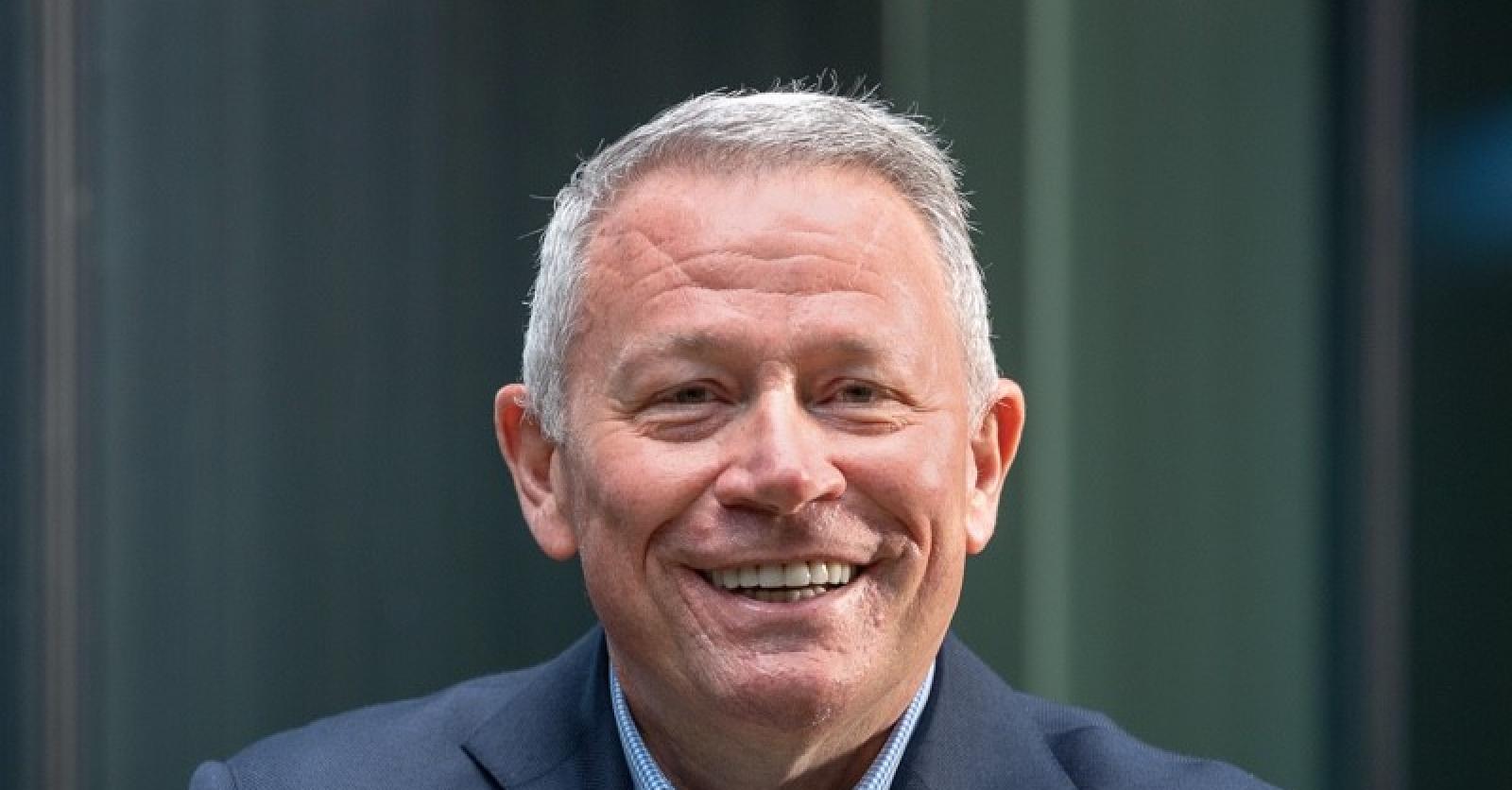
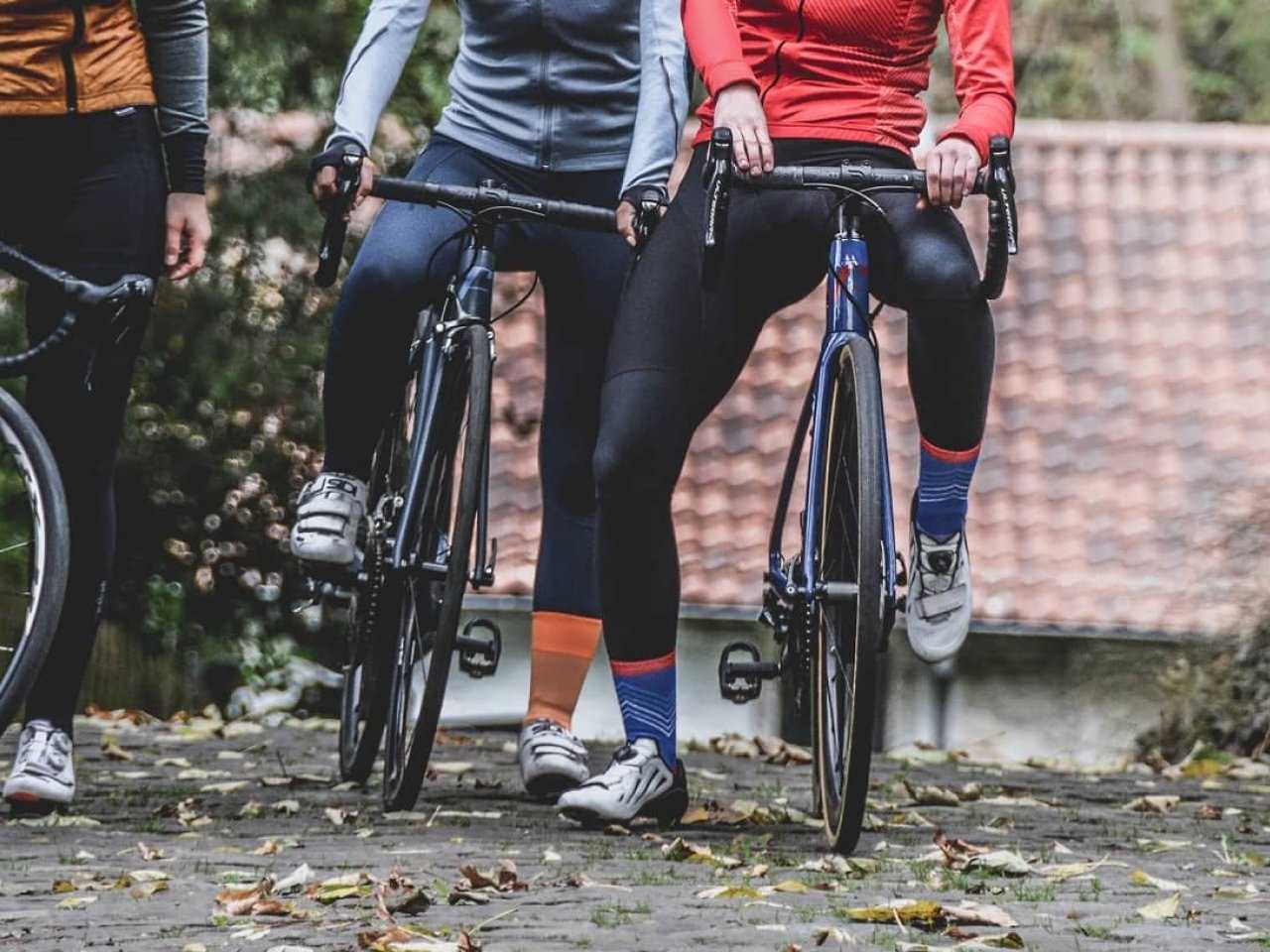
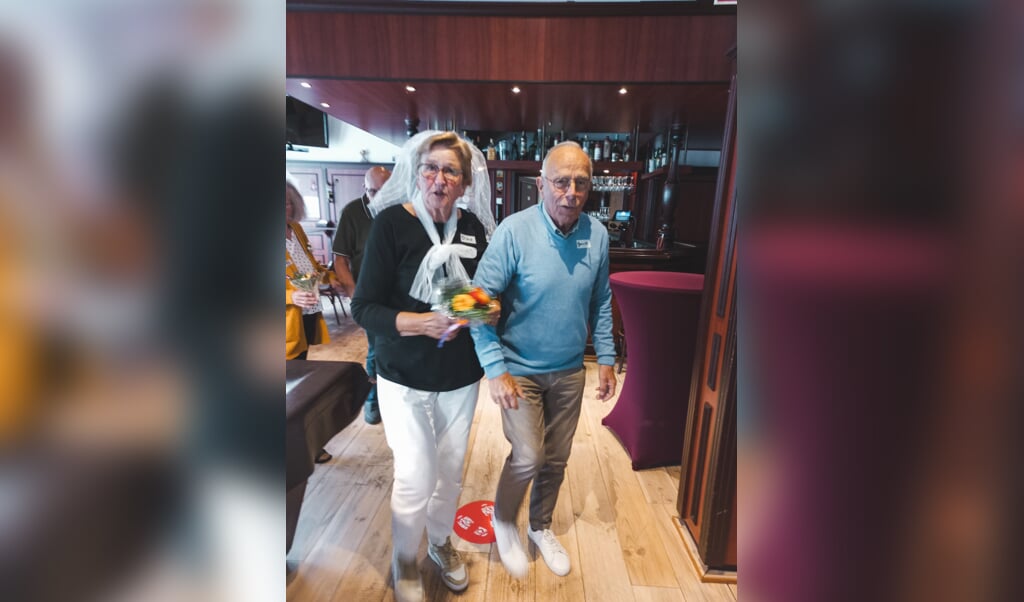
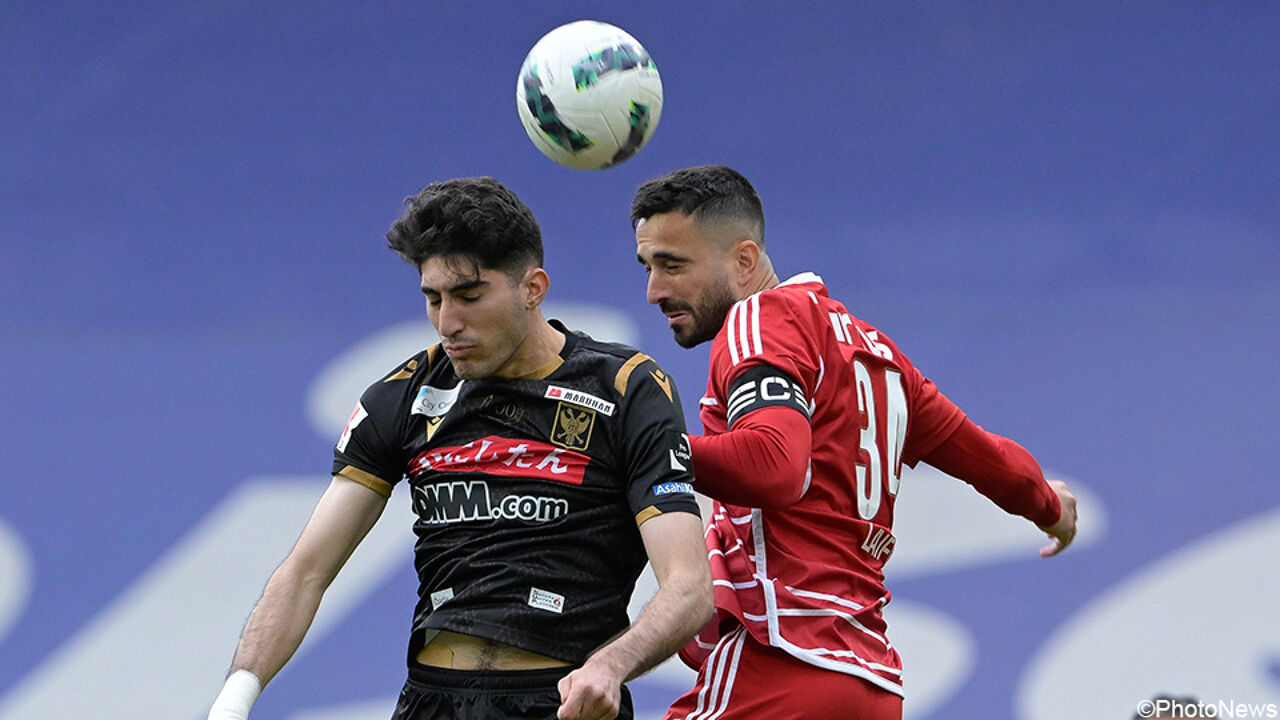

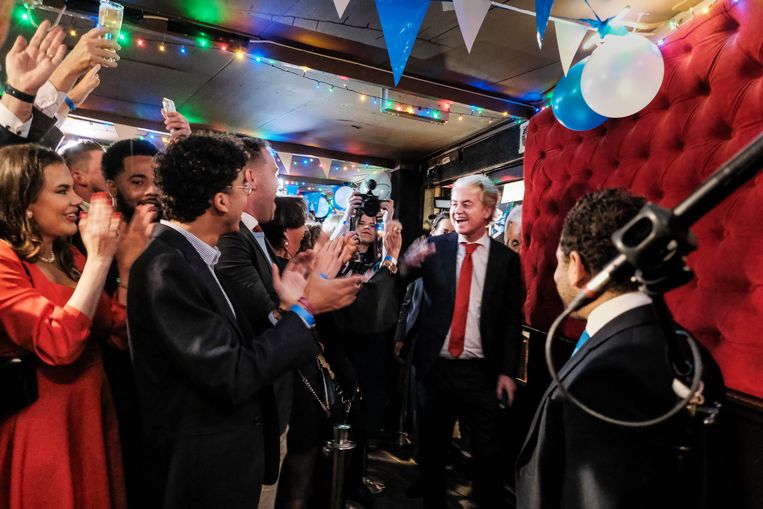
More Stories
Now beware of these scams: “They also contact you via WhatsApp and Telegram”
Beerlab: The anti-advertisement to our national art of brewing
Broken smartphone, washing machine or other device? As a consumer you are now entitled to this